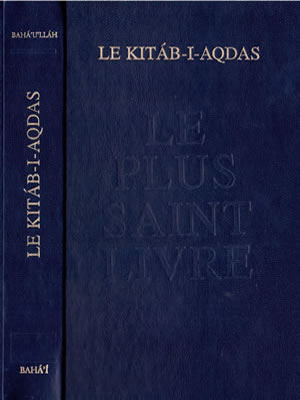
Lawh-i-Sultán, First Tablet to Napoleon III, Súriy-i-Mulúk, Lawh-i-Salmán, Súriy-i-Ghusn, Súriy-i-Ra'ís, and others. Other Tablets revealed at about the same time:

Like those Tablets of Bahá'u'lláh written to appear as though they were the words of His secretary Mírzá Áqá Jan, this Tablet was written in the words of Áqá Muhammad-Alí but was in reality revealed by Bahá'u'lláh. There were about 36 original objections to which Bahá'u'lláh was responding, some of which He also quoted in His response I don't know if any were actual questions.īahá'u'lláh revealed the Tablet in two-hour sessions on three consecutive days, sometime between mid-1867 and mid-1868. Questions asked that are answered in Tablet (if known): Áqá Muhammad-Alí showed the letter to Bahá'u'lláh, Who revealed the Kitáb-i-Badí in response to the many charges, written to defend His new Faith and mission.

Mírzá Mihdíy had written a discourteous letter, probably with the help of Siyyid Muhammad, to this faithful Bahá'í in an attempt to weaken his faith. Mírzá Mihdíy-i-Gilani (A Bábí of "perfidy and hypocrisy" Taherzadeh vol II 370)īahá'u'lláh revealed this Tablet in response to about 36 objections to and criticisms of the Faith Mírzá Mihdí made to his friend Áqá Muhammad-Alíy-i-Tambaku-Furush, a companion of Bahá'u'lláh in Adrianople. Written mainly in Persian, but it contains many passages in Arabic. These Tablets captivated me and I became enamoured of the utterances of Bahá'u'lláh." (quoted in Taherzadeh, _The Covenant of Bahá'ulláh_, 75) (Aqa Muhammad-'Alí was from Isfahan see _Memoirs of the Faithful_, 23)

Then, presumably referring at least in part to the Kitáb-i-Badí, he says, "two holy Tablets from the Blessed Beauty.arrived in honour of Zaynu'l-Muqarrabin and Áqá Muhammad-Alíy-i-Tambaku-Furush from Isfahan. But we do know that it must have been wondrous in its effect for at least some of its readers: Hájí Mírzá Haydar-Alí, the famous early Bahá'í teacher, wrote of his trials in learning to accept the Revelation of Bahá'u'lláh. "The Wondrous (or "Unique") Book." This book has not been translated into English, but a short paragraph appeared in _The World Order of Bahá'u'lláh_, 124 Kitáb-i-Badí': Tablet Study Outline back to Main Index


 0 kommentar(er)
0 kommentar(er)
